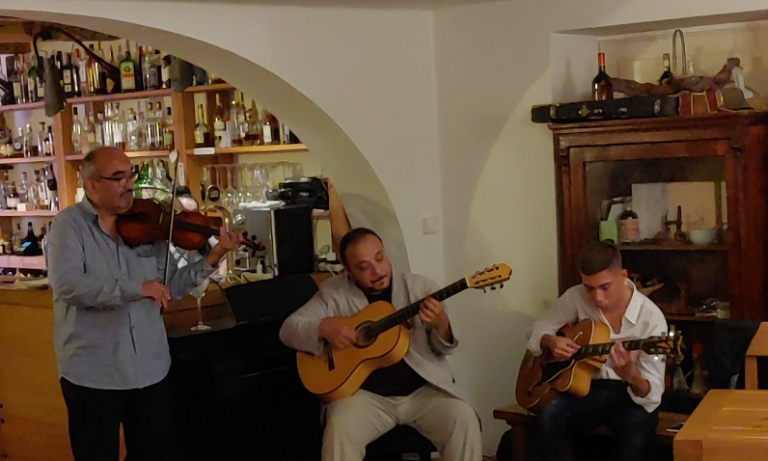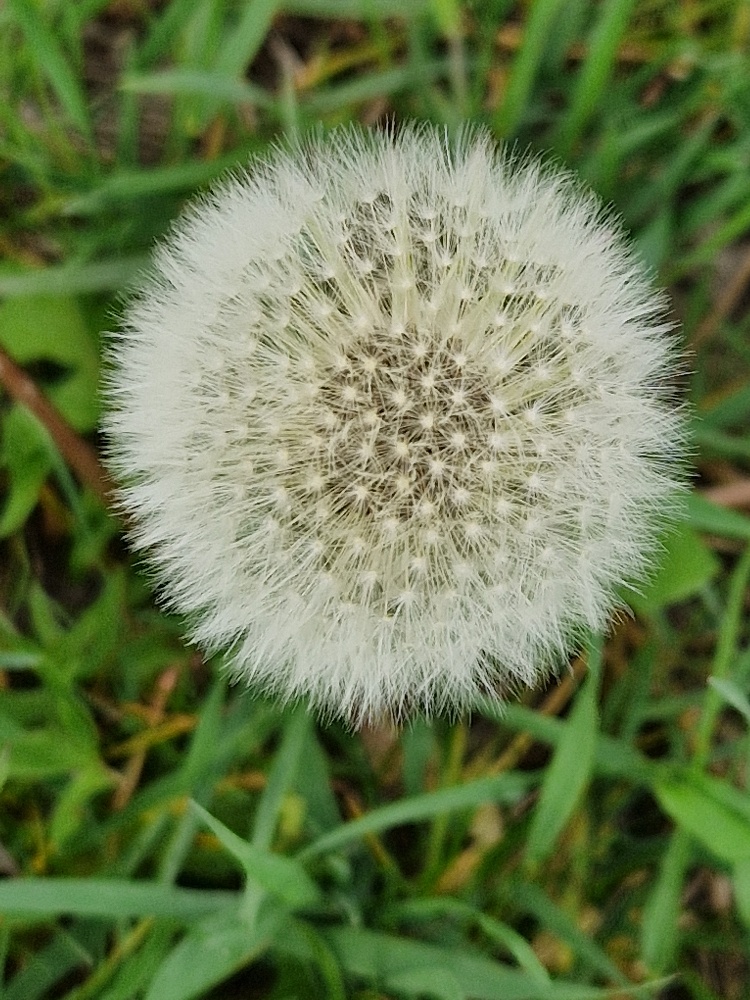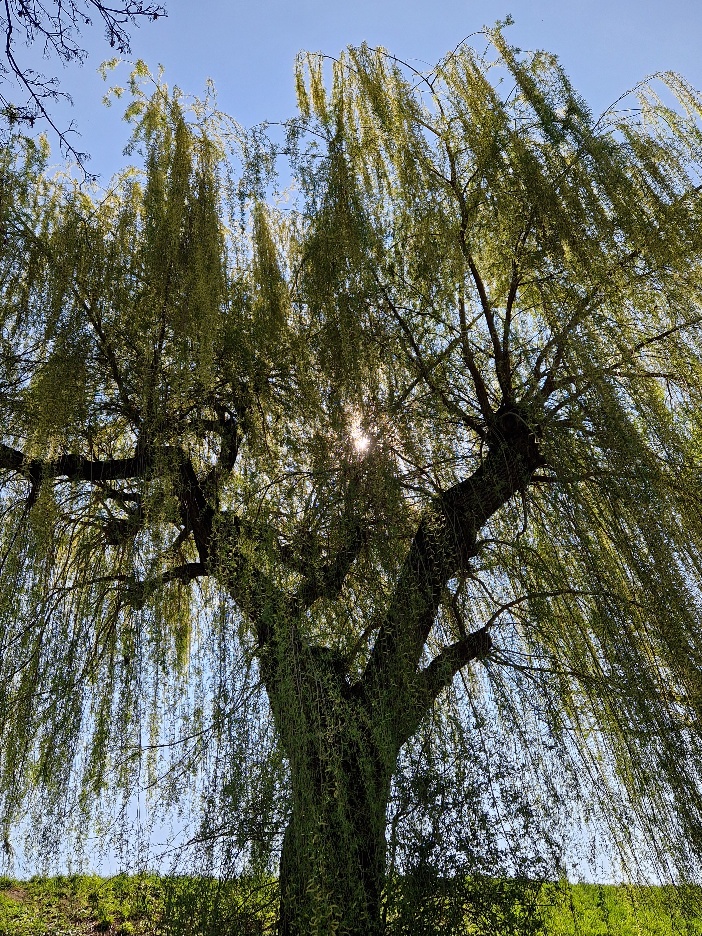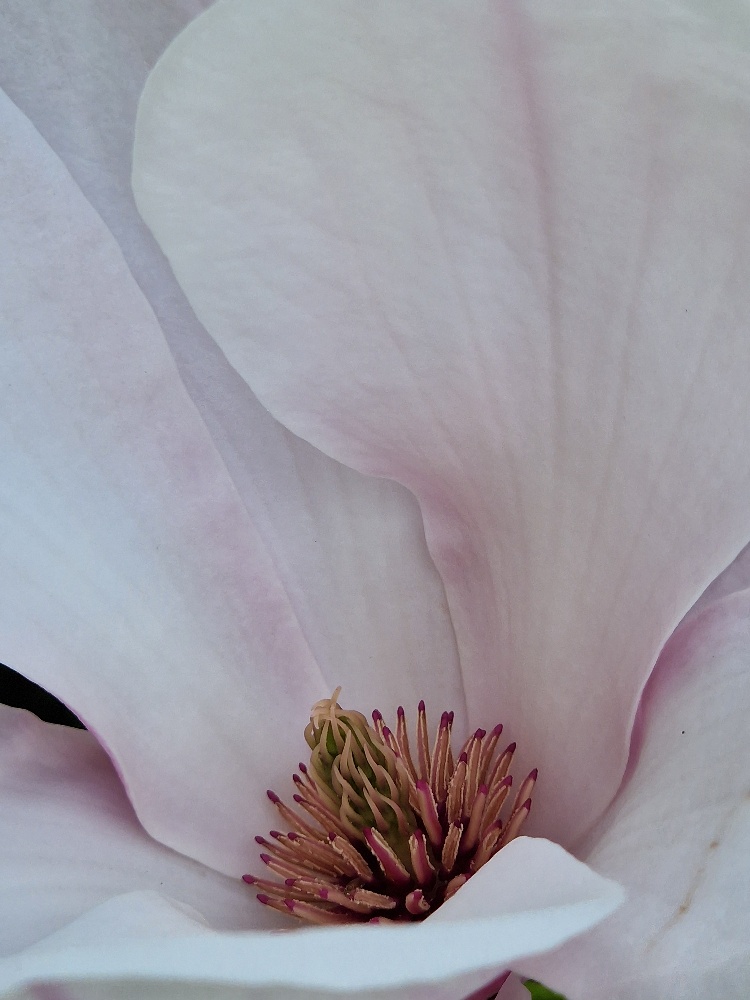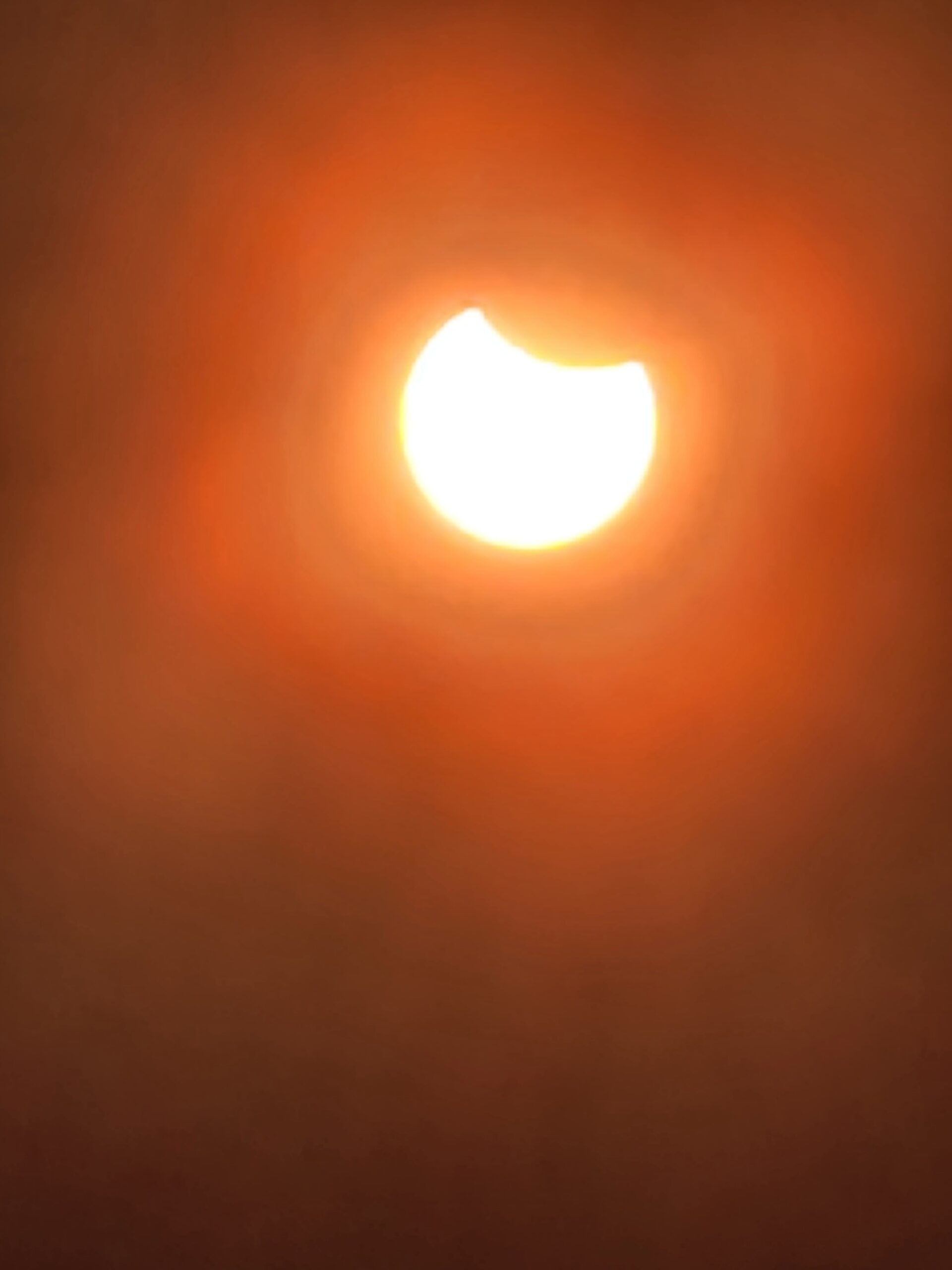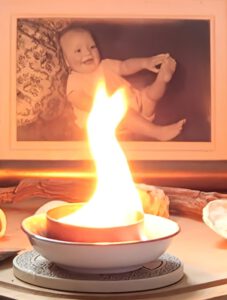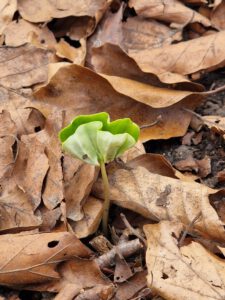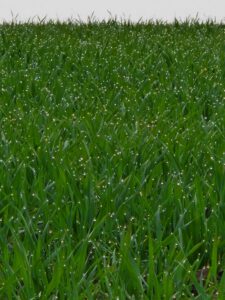And those who were seen dancing were thought to be insane by those who could not hear the music.
Friedrich Nietzsche
„Ah, music,“ he said, wiping his eyes, „a magic beyond all we do here!“
J.K. Rowling, Harry Potter and the Sorcerer’s Stone
To be creative means to be in love with life. You can be creative only if you love life enough that you want to enhance its beauty, you want to bring a little more music to it, a little more poetry to it, a little more dance to it.
Osho
There was never a time in my life without music. The first conscious recollections concern the music of the river water tumbling over the weir, that final obstacle before the ocean. I may have lain in my pram in the summer sunshine, my mother having a brief respite from caring for her latest new-born. This melody is then joined by the rush of the northwest wind blustering through the line of sycamores that stood on the bank below the weir, providing shade for the tennis court.
Patsy Cline and Doris Day emerged from time to time from the wireless, as we used to call the radio in those days, while my dad would, from time to time, select a Beethoven Symphony from his small record collection, unpack it from its cover, place it on the turntable, drop the needle, and play both sides through to the end. On other occasions, intending to warm my mother’s heart, he would select an opera featuring Maria Callas, whose music would then fill my little heart too.
That was in the period before I learned to walk and talk and begin to select my own musical sources. Having older siblings can be a great advantage in many respects, and the first three LPs that registered with me were `Bridge Over Troubled Waters´, `Sargent Pepper’s Lonely Hearts Club Band’ and `Songs of Leonard Cohen´. A great start, from which I never looked back!
Perhaps it was simply a manifestation of the times that my first major purchase, financed by working long hours throughout an entire teenage summer, was a hi-fi system of my own. By this time, we had formed a clique at school in which music was a central theme; discovering, enjoying, and sharing by means of copies made on cassette tapes from the LP records which were still so expensive that we had to be discerning and selective in the accumulation of our respective collections.
Yes and Genesis, the masters of Progressive Rock, were prominent in my initial collection. Their albums stood beside those of Pink Floyd, The Doors, Billy Joel, Don McClean, and Bowie, by far the most important artist for me in those formative years.
Dad died, the world went dark and, for a time, punk and grunge took over, The Jam, Lou Reed, and Joy Division providing the material for the crest of this wave. Through college and beyond, my tastes mellowed and broadened such that, when asked about my musical tastes today, I reply that I love everything bar operetta and Bavarian umpapa `Volksmusik´.
I can’t imagine life without music, agreeing with Nietzsche that such a life would be a mistake. Whether I’m playing, singing, listening, or dancing, music sooths and uplifts me, powers and calms me, moves and pulsates me, touching gut, heart, and soul in equal measure, as my days unfold.
My experience is not an anomaly, it seems. Regardless of culture or geographical location, independent of gender, class, and age, music reaches the multitudes as the universal language of the human soul. At festivals, concerts, and sessions, big or small, if we are lucky, we resonate as one.
The hip records at the time of my arrival in Germany included `The Rocky Horror Picture Show´ and a jazz record by the pianist Keith Jarrett, `The Köln Concert´. While the former came and went `like a bat out of hell´, so to say, Keith Jarrett took up residence in my ears, my heart, and my psyche, and continues to live there to this day.
His music inspired me to embark on a voyage of discovery into all the nooks and crannies of Jazz, from its emergence in the Afro-American communities in New Orleans in the late nineteenth century, to the present day.
Of all the music genres familiar to me, jazz best encompasses and, in turn, manifests the essence of the human condition. When we descend through all the superficial layers of `personality´ and arrive at the `essence´ at our core, we become the conduit of the music of the Universe.
In his sleeve notes to the 1987 trio album `Changeless´, Keith Jarrett writes: `The music on this recording represents a participation in process, a way of remembering ourselves (not our personalities) , and as such is also an expression of what is essential from the center of music, and what is changeless.
`These pieces – not written, rehearsed, thought out, sketched, or arranged – `came up´ in the middle of four distinctly different concerts. Process is swifter and more accurate than thought, and prefaces every thought we have. Without the chance of thought, there is less chance of personality. Certain things are known; other things have to be thought about…… Without personality, essence can be revealed. The feeling of losing yourself is often the feeling of remembering yourself – you are losing your personality and gaining your center. If we say we are our personality, how can this `we´ find the Music? It is more profound than our preferences, more alive than our surfaces, and deeper than our thoughts. It is more playful than the games we play and more magnetic than our styles. It is closer to us than what we call ourselves. Why are we afraid of it, then? I believe it is because it is not imaginary, and it goes on without our ego and yet is responsible for it.´
Music as a portal to expansion of consciousness to the realms beyond ego – this is what Jarrett so eloquently describes here, whereby the purest expression is to be found in the music he has been making for many decades, either alone or in his jazz trio with Gary Peacock and Jack DeJohnette.
This is why music has always been such an important element in my life. It helps me tap into the essence; when two or more people are on the same beam, that which apparently separates us melts away and there remains only the `Centre´. When this happens, we recognise it immediately. We know. We find the state of union (community) which we all truly yearn, and which nourishes our spirit.
My musical enjoyment today, whether listening, playing, or singing, takes place within the context of silence. My embracing of silence as a key element of any typical day has facilitated an even deeper quality of the experience.
The power of music was not revealed to me by cognitive deduction; it is something I have simply always known, and greatly appreciated.

